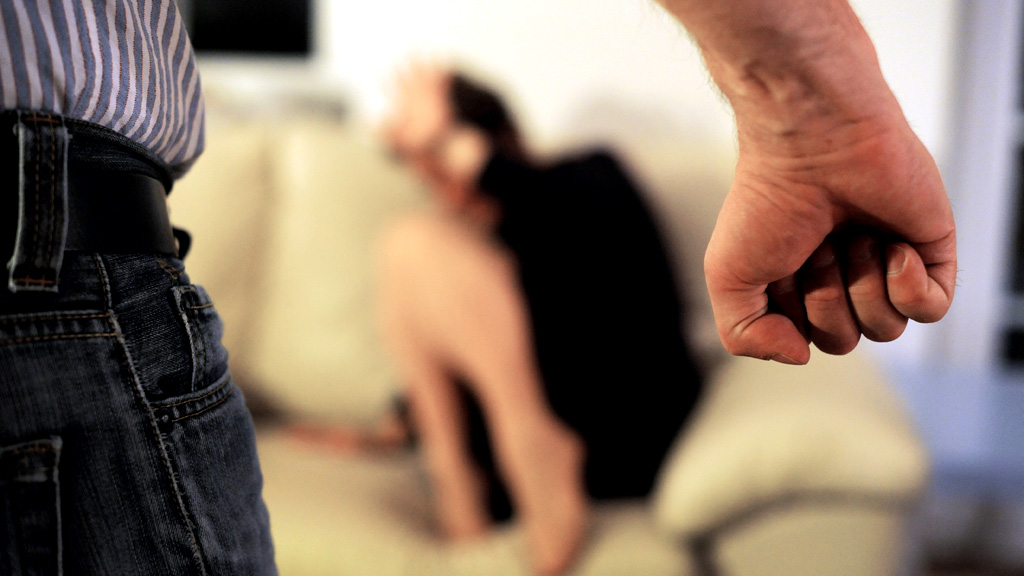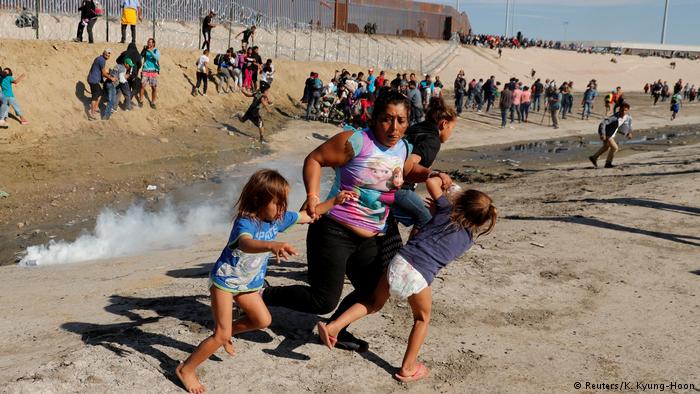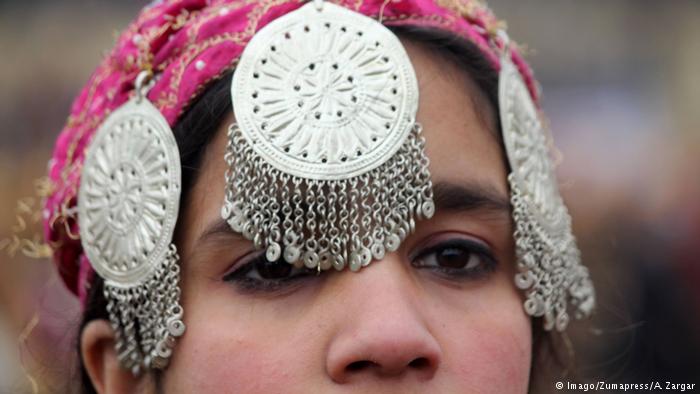UN campaign to eliminate violence against women
November 25th has been selected by the United Nations as its International Day for the Elimination of Violence against Women. Secretary-General Ban Ki-Moon has called on everyone around the world to support the campaign, which is a really important signal, writes Grahame Lucas.The social media have been buzzing about violence against women for months. These platforms make it much easier than in the past for us to follow patterns of abuse. Unfortunately every day brings more examples of truly shocking behavior. And it just does not stop.
The forms of abuse of women takes beggar belief. In India there is a rape epidemic. Several terrible cases of rape-murder have been widely reported but even if the law has been tightened up, there is little evidence that male attitudes to women are changing in a country which aspires to be a superpower. Just recently an Indian woman was forced to ride through a village naked on a donkey for some ridiculous reason best known to the village elders.
But this is not just about India. This is about many, many countries around the world where women are abused on a daily basis. In Nigeria, for example, hundreds of school girls were kidnapped and forced to marry fighters of the Boko Haram Islamist militant group. Islamic State in Syria and Iraq has, according to credible reports, been selling Christian women into prostitution or forcing them to convert to Islam and marry their murderous fighters.
It is estimated that up to 30 million girls are threatened by female genital mutilation and more than 130 million have suffered the procedure at the hands of tribal elders or parents. Child marriage remains a huge problem with young girls being married off to older relatives. The consequence is that they are denied education, run a higher risk of death during pregnancy and childbirth and are more likely to suffer domestic violence. Moreover, seeing their mothers treated in this way educates a new generation of men in the tradition of disrespect for women.
This is not about north or south or east or west. The abuse of women and violence against them is a worldwide phenomenon. It just happens that they are denied their rights most in traditional, patriarchal societies. The remarks made a few days ago by Turkey’s President Recep Tayyip Erdogan show that we have a very long way to go. Erdogan is of the opinion that equal rights for women are unnatural. A woman belongs in the kitchen apparently. There are many others like him, too many to mention here. Saudi leaders, for example, won’t even let women drive cars. A denial of basic rights is an invitation to abuse.
Against this background it is not surprising that the statistics are a damning indictment. A staggering 35 percent of women and girls experience some kind of physical or sexual violence in their lifetime. The peak rate actually reaches 70 percent in some countries, according to the UN.
World observes international day for the elimination of violence against women — http://t.co/cXUwN7XwkX #ViolenceAgainstWomen #orangeurhood
— Newsweek (@Newsweek) November 25, 2014
The UN’s campaign against violence against women calls on ordinary people to take the battle against such abuse to local communities and to organize events to raise awareness of the issue. We in the media need to support this campaign and give it as much coverage as possible simply because attitudes must change. There are no “ifs” or “buts”. Women need to be granted equal rights, equality of opportunity and protection from abuse. Research shows that societies that treat men and women as equals are happier and more prosperous. Everyone benefits.
It is encouraging to note that over time – if backed by such campaigns and by governments – societal attitudes do change for the better. But it requires a concerted effort and the backing of political leaders. And it requires the backing of men. They need to be proud to call themselves feminists and to act accordingly.
Author: Grahame Lucas







